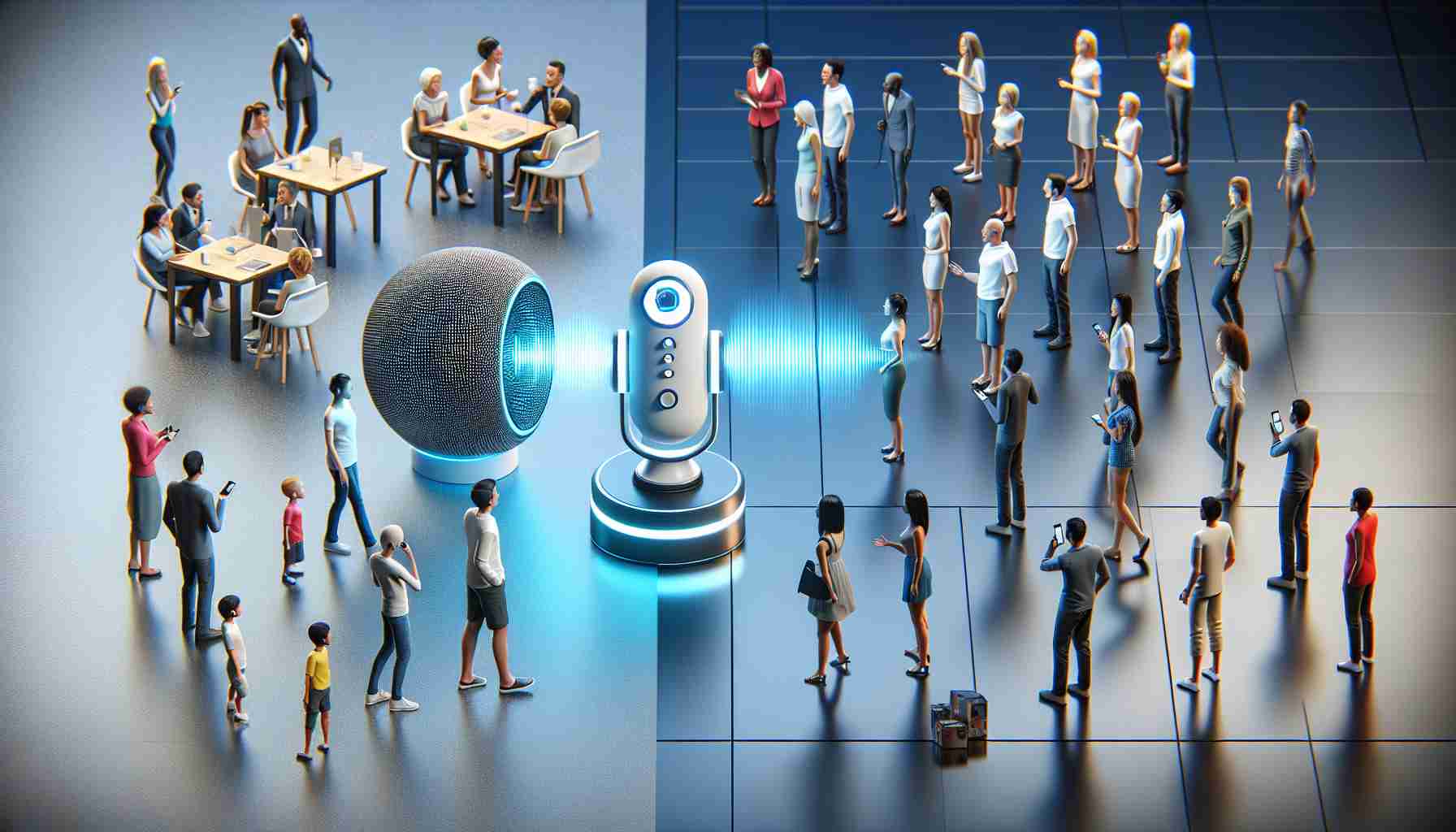Studies show different reactions to human and AI voices

A recent study addressed the fascinating question of how our brains respond to human voices versus voices generated by artificial intelligence (AI). The research, presented at the Federation of European Neuroscience Societies (FENS) Forum 2024, examined the differences in our brain responses to these different types of voices.
The study, conducted by a team at the University of Oslo, examined participants’ responses to both human and AI-generated voices expressing a range of emotions. Surprisingly, participants had difficulty distinguishing between the two voice types, with the accuracy rate for both voices being around 50%.
In particular, the research found that human voices elicited stronger responses in areas associated with memory and empathy, while AI voices elicited increased activity in regions associated with error detection and attention regulation.
Overall, the results suggest that while it may be difficult for individuals to distinguish between human and AI voices, there are subtle differences in the brain’s responses. These differences could have significant implications as AI voice technology evolves, and warrant further research into the cognitive and social implications of such advances.
In the future, the researchers hope to investigate how individual personality traits affect a person’s sensitivity to distinguishing between human and AI voices, paving the way for a deeper understanding of this emerging field of research.
**New insights into human and AI voice responses**
A recent study from the University of Oslo on human and artificial intelligence (AI) voices has shed light on fascinating aspects of how our brains process these different stimuli. While the previous article highlighted the key findings, there are additional facts and questions that deserve attention in this evolving field.
**Important questions and answers:**
1. **What influence do individual cultural backgrounds have on reactions to human and AI voices?**
– Research shows that cultural nuances can influence how people perceive and respond to different types of voices. Individuals from different cultural backgrounds may exhibit different patterns in their brain responses to human and AI voices depending on their exposure and familiarity with such stimuli.
2. **What ethical considerations arise from integrating AI voices into daily interactions?**
– The use of AI voices raises ethical concerns about privacy, consent and manipulation. Understanding how individuals interact with AI voices and the potential impact this has on decision-making processes is critical to developing responsible AI technologies.
3. **What effects does prolonged exposure to AI voices have on cognitive processes?**
– Given the increasing presence of AI voices in everyday life, it is imperative to study the long-term effects on cognitive functions such as memory performance and attention span. Further research can provide insights into how prolonged exposure to AI voices may affect our cognitive abilities over time.
**Key challenges and controversies:**
1. **Privacy Concerns:** The collection and storage of data through AI voice interactions raises questions about data security and privacy breaches. Balancing the convenience of AI technology with the protection of personal data remains a major challenge.
2. **Impact on social interactions:** As AI voices become more integrated into social environments, there is debate about how these interactions may impact interpersonal communication and empathy. It is important to understand the potential social impacts of relying on AI voices for interpersonal interactions.
**Advantages and disadvantages:**
– **Benefits:** AI voices provide accessibility to individuals with different communication needs, thereby improving inclusivity. Additionally, the efficiency and scalability of AI voice technologies can streamline tasks and improve productivity across various sectors.
– **Cons:** The uncanny valley effect, where AI voices imitate human speech but do not convey genuine emotions, can cause discomfort and distrust among users. In addition, over-reliance on AI voices can reduce opportunities for genuine human connection and emotional engagement in interactions.
As the landscape of human-AI language interaction continues to evolve, exploring these unanswered questions and addressing the challenges they pose is critical to developing ethical and useful AI technologies.
For more insights and developments in AI research, visit ResearchHub.



